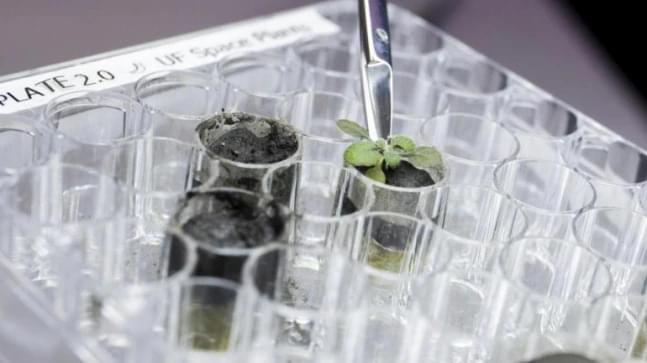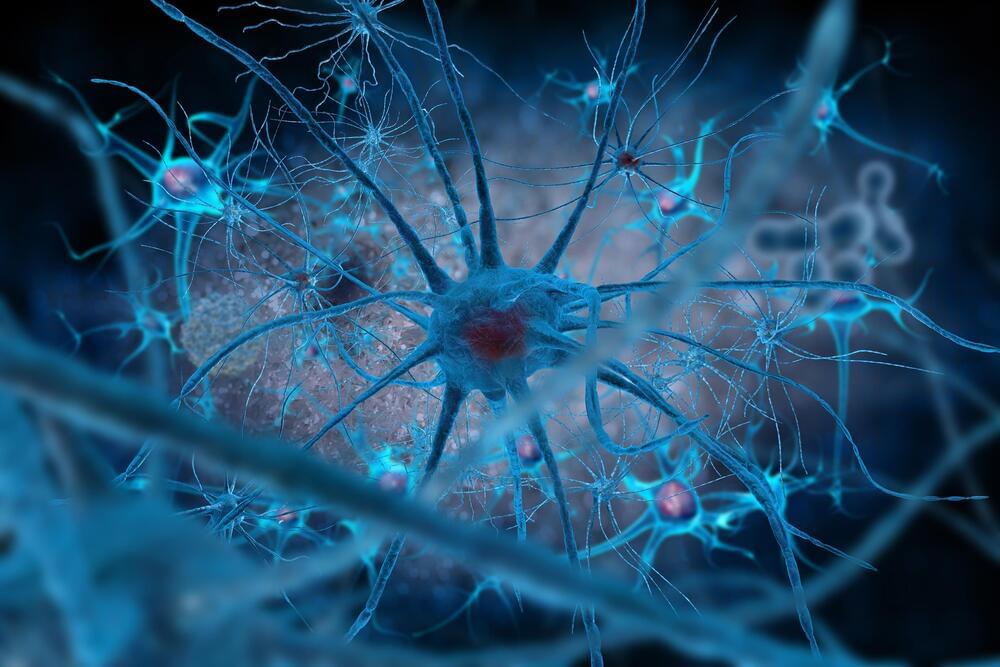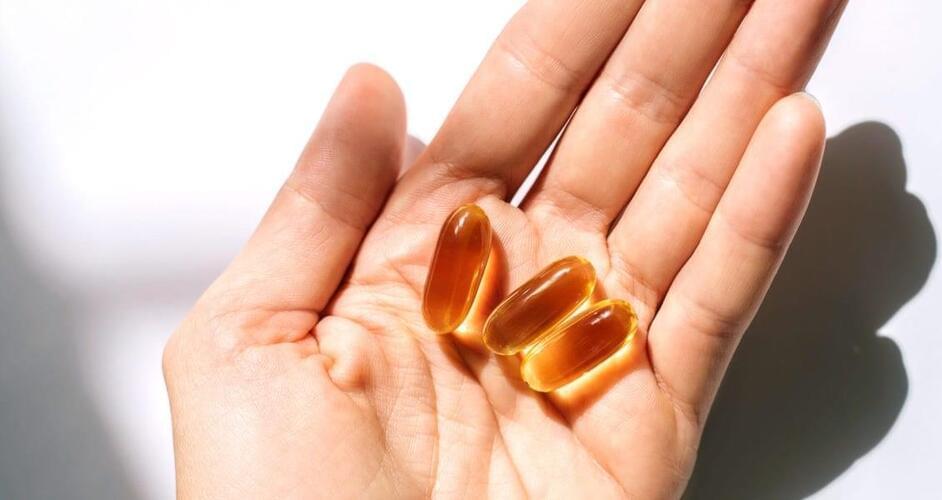A team of Cornell University engineers developed a new microscopy technique that’s powerful enough to spot an individual atom in three dimensions — and create an image so clear that the only blurriness comes from the movement of that atom itself.
The technique, which according to the study published Thursday in the journal Science relies on an electron microscope coupled with sophisticated 3D reconstruction algorithms, doesn’t just set a new record in atom resolution. The researchers even say this might be as good as microscopy gets.
“This doesn’t just set a new record,” lead author and Cornell engineer David Muller said in a press release. “It’s reached a regime which is effectively going to be an ultimate limit for resolution. We basically can now figure out where the atoms are in a very easy way. This opens up a whole lot of new measurement possibilities of things we’ve wanted to do for a very long time.”









